Without question, one of the biggest problems in life today is getting information, truthful information – and news out to society.
The media outlets have their own agendas on what to print or say. Regarding trans affairs, we know that The Times, Spectator, Telegraph and to a lesser degree, the Daily Mail & Guardian will invariably print anti-trans stories. We know that GB News, the new (and currently failing) right-wing TV channel, are going to vilify trans people too.
The news comes thick and fast; even if we access it, absorbing it can be an issue. So for this quick blog, I want to re-visit a survey of trans peoples journeys and opinions that I feel has “got lost”.
Entitled “Trans+ Voices Gender Identity Healthcare in the South West,” the survey told us a lot about trans folk, our experiences and our goals. The survey, compiled by the Intercom Trust for NHS England, was taken in March 2021 and had 645 respondents who live in London to Penzance and as far north as Birmingham, but centred on those likely to be patients of, or who had elected to be patients of ‘The Laurels’ – Gender Identity Clinic (GIC) clinic in Exeter.
Most of those replying were young or middle-aged 75.6% were under 40, and a whopping 42.9% were aged between 20 and 29. Older folks like me (60-69) represented just 4.5% of the respondents. Around 50% of the respondents were in a relationship, 23.6% were Bi, 19.2% Gay/Lesbian, 17.2% Queer, and 13.3% were Pan-sexual – with the remaining folks in other categories.
Most had no religion or belief; the exact percentage was 67.6% – just 8.7% were Christian with surprisingly (to me anyway) – 1.7% Buddhist.
Around one in three identified female, a woman or trans woman.
And around one in four identified as male, a man or a trans man.
A further one in four were non-binary.
The survey revealed that younger people tended to have “male” identities while older ones (30+) tended to have female identities. Perhaps one very sad issue the survey raised was that most people (42.4%) had negative experiences of their GIC (The Laurels) – 29.5% had positive experiences, but only once they got there!
44% of respondents were on NHS waiting lists, 17% were going “private”, 13% were under NHS GIC care, 7% completed care, and 36% had no care at all.
But what I am particularly interested in was “Physical Interventions”. The gender-critical women and allies love to spin that trans women are trying to erase women. Strangely men make no such claim at all about trans men. Trans men are almost always accepted as a “man” without a hitch.
Personally, I would much rather erase men (yes those cis ones who practice VAWGVAWG Violence Against Women and Girls Further info https://www.gov.uk/government/publications/tackling-violence-against-women-and-girls-strategy), but let’s not go there – I will get into dire trouble!
Yes – 71.6% of folks want hormone treatment, 42.6% want chest surgery, 38.3% want genital surgery. Other procedures were also common 34.1% want facial hair reduction, something that obviously for those aiming or achieving a male identity does not apply. Other procedures include facial surgery, Adam’s apple reduction, voice surgery – and at just 14.4%, the freezing of sperm or eggs.
One key point from the survey was that 13% of the respondents were self-medicating with hormones, 48% were via the NHS, and 39% were accessing hormone treatment privately.
48.5% felt they needed help getting a Gender Recognition Certificate and personal documentation, 48.1% advice about social transition and 39.2% help with psychotherapy or counselling.
Very sadly, around 3 in 4 people experienced some form of mental health issue. Nearly half (48.7%) had experienced suicidal thoughts and 35.3% self-harm. Around half had family issues, and one third had an experience of a hate crime.
Waiting times for GIC help was a clear driver of the mental health issues. I have always maintained that Gender Dysphoria is not the principal driver of mental problems – it’s that damn wait that puts people over the edge!
But perhaps what hit me most was people’s comments – REAL PEOPLE. The gender-critical ideology from certain “academics” is untrue. Most people do want hormones and many want surgery. These academics moot the opposite, claiming penises will awash female changing rooms and invade womens sport and the like.
It is not going to happen!
So to end this blog, let’s make real peoples voices more public. These are just eight of the many comments that the survey quotes:
“It has been absolutely terrible. I have not received any support from anyone. The gender clinic in Exeter is useless they never provide any information which adds to the mental health turmoil. I will expect to wait another 3-4 years for my first appointment, and in the meantime, my life has fallen apart, and I suffer from bad depression due to the waiting lists. If I were seen within the 18-week target, I would never have gone through such depression.
“Please sort out the dire situation at the Laurels. People will die before they get to their first appointment. Please take us seriously and not treat us as not deserving of the truth.
“There is far too much repetition and red tape. For example… Last I spoke to them, we talked about surgery and my want for it. I have 4 letters confirming my diagnosis as a transgender woman, yet they wouldn’t refer me for surgery without insisting I see them again, which puts me back on an 18+month waiting list. This is crazy. I understand the need for the initial 2 diagnoses to start treatment, but I’m several years in, have 4 letters by 3 different people there… I can’t believe there’s the need to keep me waiting this extra time and take up an appointment that plenty of other people need. This has gone beyond protecting me as a patient and moves towards harming me as I sit, not knowing when that day will ever arrive. I don’t even have an estimated date!
“If GPs offered bridging prescriptions of hormones for patients on waiting lists, it would make the agonising and inhuman waiting times infinitely more bearable.
“I’d just like to clarify that the mental health problems stem from years of not being able to be my true self, a childhood of pretending, and the later difficulties with waiting times and withdrawal of GP shared care where no alternative local provision is available. Financial hardship comes from the necessity to then pay for all my own hormones and blockers – a treatment I had safely and successfully been on for some time and which clearly I could not suddenly cease. Additionally, from an inability to work/study, as my life was on hold, waiting for treatment for so long.
“I have been waiting for nearly 3 years for a first appointment. In this time, I have had several suicide attempts and mental health crises. I now access private healthcare for HRT even though I live in poverty and struggle to pay.
I have been waiting for nearly 5 years now and have spent tens of thousands on private support and therapists due to there being literally no help at all from the NHS. This has led to me being in significant debt. I have had literally no support from the NHS at all at any point.
“I have been waiting for over 4 years now. During this wait, I have become more suicidal and dysphoric. The longer I wait, the worse I feel, and the more I’m not sure I can survive without treatment.
Authored by Steph @PlaceSteph




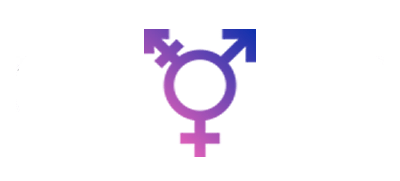
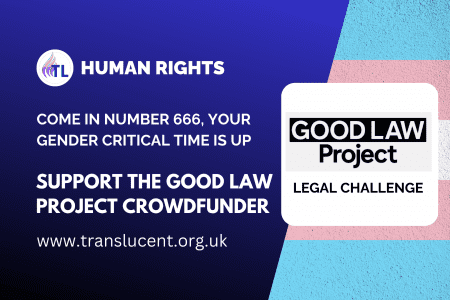
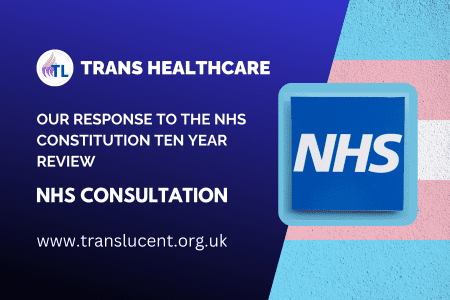
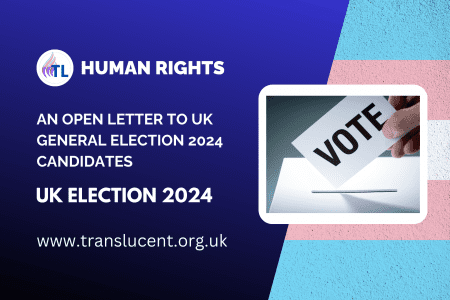
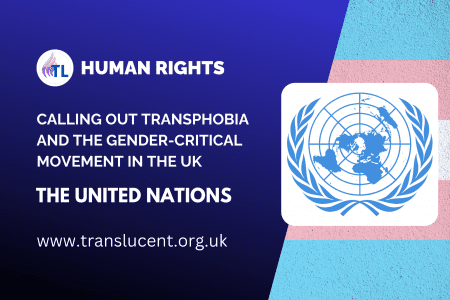
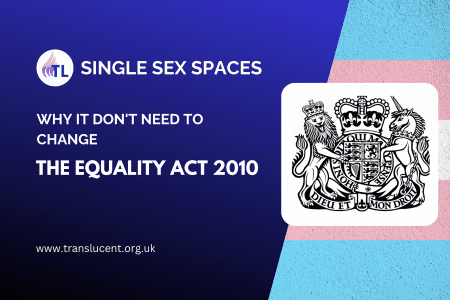

 To provide the best experiences, we use technologies like cookies to store and/or access device information. Consenting to these technologies will allow us to process data such as browsing behaviour or unique IDs on this site. Not consenting or withdrawing consent, may adversely affect certain features and functions.
To provide the best experiences, we use technologies like cookies to store and/or access device information. Consenting to these technologies will allow us to process data such as browsing behaviour or unique IDs on this site. Not consenting or withdrawing consent, may adversely affect certain features and functions.